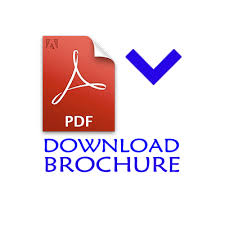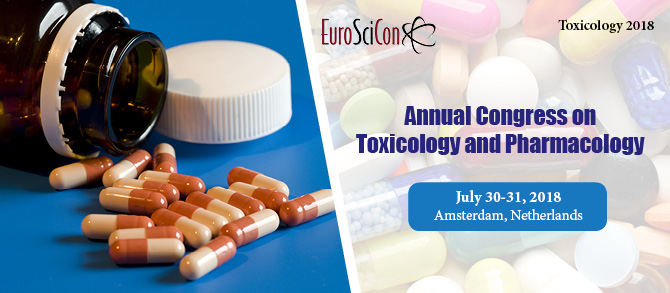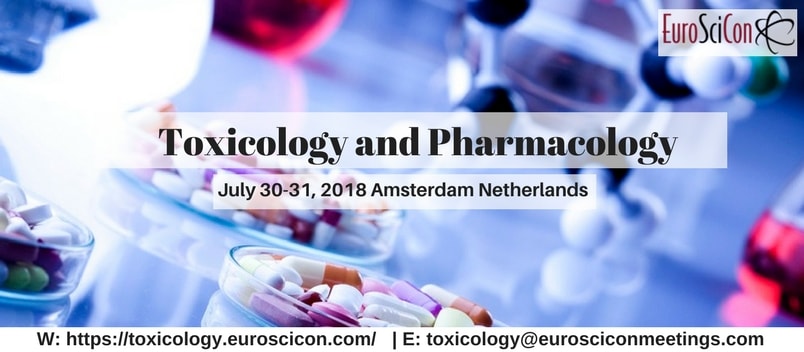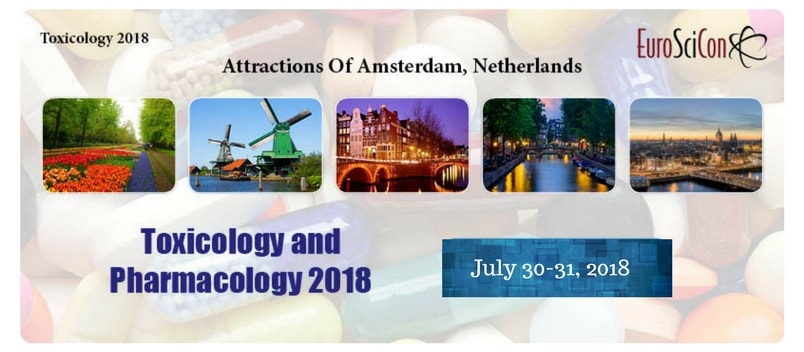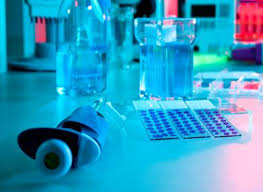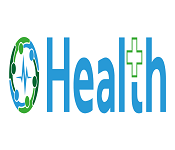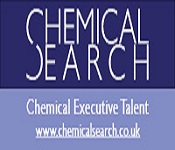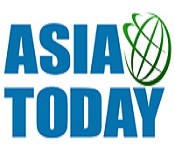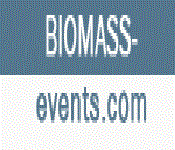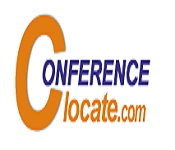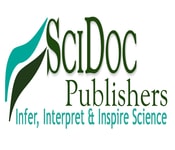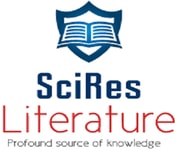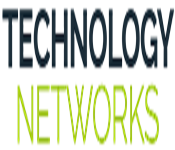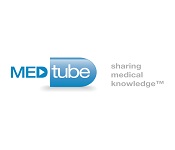Toxicology 2018
About Conference
Annual Congress on Toxicology and Pharmacology 2018 is hosted by EuroSciCon and it is focuses on the major issues of toxicological effects of pharmacological drugs in people. This is of great concern as the survival of future generation is at stake. We invite Researchers, Pharmacologists, Toxicologists, Academicians, Industrialists and Members of Associations and Societies to give the world a better solution to the problem. The conference will be a platform to globalize one research, to share scientific experiences, to gain knowledge on new technologies and regulations. The conference is scheduled on July 30-31, 2018 in Amsterdam, Netherlands. We invite sponsors and exhibitor to showcase your products to our participants and make it reach the public through them. We request you to make use of this opportunity to make the world a better place to live in.
What is new
Toxicology and Pharmacology 2018 includes international attendee workshops, lectures and symposia, including a designated registration area, a refreshment break and gala lunch. Toxicologists and Pharmacologists can join the EuroSciCon as an international member to receive discounts on registration. So come and join leading experts and allied professionals from July 30-31, 2018 in Amsterdam, Netherlands to keep up with the rapidly accelerating pace of change that is already having an impact on the field of toxicology and pharmacology.
About Amsterdam
The most populous municipality Amsterdam is the capital of the Netherlands. Amsterdam has a population of 2,410,960 people. The city is located in the province of North Holland in the west of the country but is not its capital, which is Haarlem. The city square area comprises a part of the Randstad, one of the larger conurbations in Europe, with a population of approximately 7 million. Originating as a small fishing village in the late 12th century, Amsterdam became one of the most important ports in the world during the Dutch Golden Age, a result of its innovative developments in trade.
As the commercial capital of the Netherlands and one of the top financial centers in Europe, Amsterdam is considered an alpha world city by the Globalization and World Cities (GaWC) study group. The city is also the cultural capital of the Netherlands. Many large Dutch institutions have their headquarters there, and seven of the world's 500 largest companies, including Philips and ING, are based in the city. Amsterdam was ranked 2nd best city to live in by the Economist Intelligence Unit and the 12th on quality of living for environment and infrastructure by Mercer. The city was ranked 3rd in innovation by Australian innovation agency 2thinknow in their Innovation Cities Index 2009.The Amsterdam seaport to this day remains the second in the country, and the fifth largest seaport in Europe. Famous peoples of the Amsterdam are the diarist Anne Frank, artists Rembrandt van Rijn and Vincent van Gogh, and philosopher Baruch Spinoza.
Session and Tracks
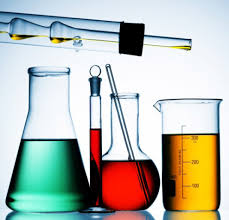
Toxicology is a Greek word which means poison, and hence it is called as the science of poisons. Toxicology includes the toxic reactions and toxic effects which are caused by the various harmful substances. There are many reasons for the toxicity which lead to the lethal effects and may even result in death in extreme levels of toxicity. Toxicology is a branch of pharmacology which helps in detection of the toxicants with the use of the enormous testing methods. The research and scope of toxicology is huge and play a very important role in preventing lethal effects to the body. The global market for selected healthcare-acquired infection (HAI) treatments was valued at nearly $15.2 billion in 2014. This market is expected to increase from nearly $17.1 billion in 2015 to $23 billion by 2020, with a compound annual growth rate (CAGR) of 6.1% from 2015 to 2020.
- Dose Response Relationships
- Chemical Toxicology
- Experimental Toxicology
- Descriptive Toxicology
- Mechanistic Toxicology
- Analytical Toxicology
- Economic Toxicology
- Forensic Toxicology
- Juridical Toxicology
- Regulatory Toxicology
Track 19 : Clinical Pharmacology and Receptor theory
Clinical Pharmacology has been practiced for centuries through observing the effects of herbal remedies and early drugs on humans. The pharmacologic effect that a medication has on the body is known as pharmacodynamics. Pharmacokinetic and pharmacodynamics parameters become important because of the association between host drug concentrations, microorganism eradication, and resistance. Since long scientific advances allowed scientists to come together with the study of physiological effects with biological effects Receptor theory for drug effects and its discovery with clinical pharmacology has stretched out to be a multidisciplinary field and has contributed to the findings of drug interaction, therapeutic effectiveness and safety. Drug interactions and pharmacological compatibilities include the study of pharmacokinetics that includes the absorption, distribution, metabolism, and elimination of drugs. The pharmacologic effect that a medication has on the body is known as pharmacodynamics. Pharmacokinetic and pharmacodynamics parameters become especially important because of the association between drug application, microorganism abolition, and resistance.
- Drug development and interactions
- Adverse Drug Effects
- Receptor theory for drug effects
- Pharmacokinetic and pharmacodynamics parameters
Track 20 : Pharmacokinetics and Pharmacodynamics
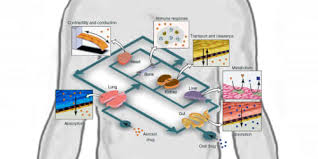
Pharmacokinetic and pharmacodynamics parameters become important because of the association between host drug concentrations, microorganism eradication, and resistance.Since long scientific advances allowed scientists to come together with the study of physiological effects with biological effects. The Pharmaceutical industry's long successful strategy of placing big bets on a few molecules, promoting them heavily and turning them into blockbusters worked well for many years, but its R&D productivity has now plummeted and the environment’s changing.
- Drug biotransformation reactions
- Pharmacokinetic aspects
- Drug interactions and pharmacological compatibilities
- Receptor theory for drug effects
- Clinical efficacy and safety evaluation
- Novel options for the pharmacological treatment of chronic diseases
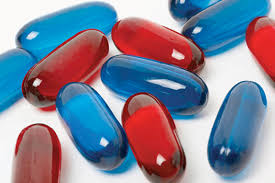
Pharmacology is the branch of science which is concerned with the study of drug action. It is the study of the properties and reactions of drugs especially with relation to the therapeutic value. Pharmacology is the main branch of the medicine and pharmacy. Pharmacologists play a very important role in the pre-clinical testing of the new drugs. The other related subjects include the therapeutics, pharmacovigilance, and pharmacogenomics.
- Pharmacotoxicology
- Clinical Pharmacology
- Drug Pharmacology
- Neuropharmacology
- Psycopharmacology
- Pharmaceutical Toxicity
Track 3 : Food and Nutritional Toxicology
Food and nutritional toxicology emphasizes on the food components and the food toxins including the absorption, distribution, metabolism, and excretion of xenobiotic, allergenic and toxic constituent role of diet and nutrients in mutagenesis and carcinogenesis. It also deals with the toxins present in the food and food substances. The toxins released from the packaging material and associated components with the food.
- Aflatoxins
- Biotoxins
- Mycotoxicology
- Food Irradiation
- Heavy Metal Toxicity
- Pesticidal Toxicology
- Food Born Infections
- Food Safety and Toxicology
- Genetically engineered foods
The primary scope of toxicological studies in the drug development process is to evaluate the safety of potential drugs. This is accomplished using relevant animal models and validated procedures. The ultimate goal is to translate the animal model responses into an understanding of the risk for the human subjects. The drug toxicology plays a very important role in assessing the safety of the drug.
- Drug Safety Biomarkers
- Predictive Toxicology
- Toxicological Testing
- Preclinical Drug Development
- Preclinical Safety Assessment
Track 15 : Molecular and Biochemical Toxicology
Molecular toxicology is a field concerned with the effects of various chemical components on living organism. Careers in molecular toxicology can include the applied fields of biotechnology and pharmaceuticals and academic research. Biochemical toxicology is the field which deals with the research on the enzymes and enzyme substrates that are drugs in the area of drug metabolism.
- Bioinformatics
- Cellular Toxicology
- Molecular Toxicology
- Biochemical toxicology
- Proteomics and Metabolomics
Track 2 : Clinical & Medical Toxicology
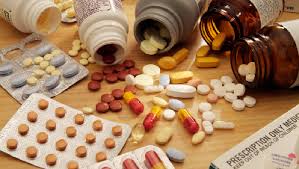
Medical toxicology is the science dealing with the diagnosis, management and prevention of poisons and other adverse health effects due to medications, environmental hazards, Occupational exposure to the harmful substances. Clinical toxicology is the branch which includes the science of the removal of poisonous toxins from the body. Clinical toxicologists mainly work in the hospitals and are in close contact with the pharmacology department. Hence clinical toxicologists and pharmacologists are closely related.
- Clinical Toxicology
- Therapeutic Drug Monitoring
- Emergency Medicine
- Pediatric toxicology
- Drug Interactions
- Common Overdoses
- Xenobiotics
- Antidotes
Track 4 : Environmental Toxicology
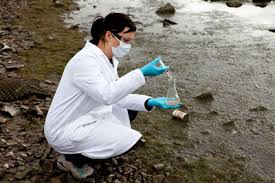
Environmental toxicology is the study of toxic effects of chemicals on the human beings and all other living organisms on the earth. The toxicologists have a very important role in predicting the cause of the toxicity and hence take the necessary actions to prevent the toxicity to the environment. Toxicologists address constantly the changing environmental conditions and are concerned with the safety of the environment.
- Ecotoxicology
- Zootoxicology
- Phytotoxicology
- Aquatic Toxicology
- Environmental Epidemiology
Track 16 : Reproductive and Developmental Toxicology
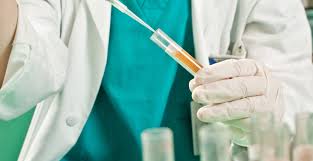
Developmental and reproductive toxicity is a special part of toxicology which comprises any effect of chemicals and active substances on mammalian reproduction and development. The investigations and the interpretation of the results should be related to all the other pharmacological and toxicological data available from the research and development.
• Reproductive Toxicity
• Maternal Toxicology
• Developmental Toxicology
• Developmental Neurotoxicology
• Developmental Immunotoxicology
Track 22 : Nursing Pharmacology
Pharmacology for nurses is one of the most important elements in nursing education. It is the field is science that is related to management of drugs as per the disease profile of the patient. This i sa special track designed in Pharmacology 2016 Conference. The pharmaceutical industry is directly impacted by the research conducted with prescription drugs, vaccines, and OTC drugs being manufactured based on findings from the study of life sciences. Clinical trials are conducted to ensure that products being developed are tested on how well they work on individuals affected by the diseases or conditions they are created to treat.
- Clinical nursing
- Nursing Implications
- Women and cardiac diseases
- Health promotion/Disease prevention
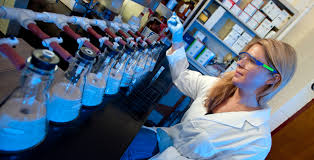
Systems toxicology is the integration of classical toxicology with quantitative analysis of large networks of molecular and functional changes occurring across multiple levels of biological organization. The systems toxicology includes the enabling technology, molecular measurement, apical measurement and computational measurements. The final end of the research results in the safe drugs, environment protection, safe foods, and green chemistry.
- Hepatotoxicology
- Nephrotoxicology
- Neurotoxicology
- Endocrine Toxicity
- Respiratory Toxicology
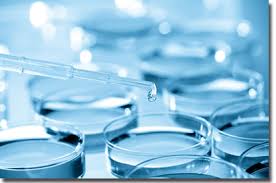
Genetic toxicology is the study of genetic damage that results in alterations to heritable information. It is a complex science because there are a number of different types of genome damage, which arise through a diversity of mechanisms like the clastogenesis, mutagenesis, recombination, aneugenesis. The relevance of genetic toxicology is clearly evident from the inheritable diseases.
- Genotoxic Chemicals
- Genotoxic Prediction
- Genotoxicity Assessment
- Defense Toxicology
- Genotoxic Chemotherapy
- Stem Cells and Applications
Track 11: Methods for Toxicity Testing
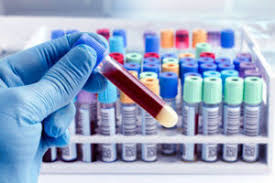
Toxicity testing is mainly performed to the finished products such as the drugs, cosmetics, food additives. Toxicity testing is done to assess the safety of the product and prevent the toxicity of the product. Scientists and researchers perform the various toxicological testing procedures in order to access the safety of the product.
- In-vivo Methods
- In-vitro methods
- Immunochemical Techniques
- Cell and Molecular Techniques
- Models Involved In Carcinogenesis
Track 27 : Pharmacological Testing

Development of medication is a vital concern to medicine. The metabolic stability and the reactivity of a library of candidate drug compounds have to be assessed for drug metabolism and toxicological studies. Many methods of pharmacological tests have been proposed for quantitative predictions in drug metabolism. The pharmaceutical market been increasingly more affected through laws and regulations but has shown continuous growth as the diagnosis and understanding of diseases and condition has evolved and improved. BCC Research report’s cover the latest pharmaceutical market and provide in-depth market analysis, forecasts, trends, patent analysis, and profiles of major players within the markets. Comprehensive analysis of clinical studies for biopharmaceuticals, prevention and treatment of certain cancers, coagulants and non-coagulants are all within the range of pharmaceutical markets covered in BCC Research reports. Drug devices, instrumentation and inhibitors are some of the many other areas covered.
- Advances in stress test
- Advances in nuclear stress test
- Advances in pharmacological testing
- Safety pharmacology
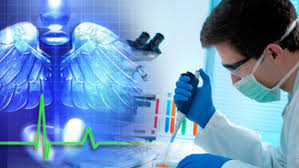
Immunotoxicology is the science which emphasizes the various immune reactions which occur as a result of the new drugs and biological products. It also includes the In-vivo evaluation of the immune response and the In-vitro evaluation of the immune response. Recent trends in this area are the immunophenotyping and the immunoefficacy.
• Allergic Reactions
• Hypersensitivity
• Autoimmune Toxicology
• Food Induced Immuntoxicity
Track 21 : Cardiovascular Pharmacology
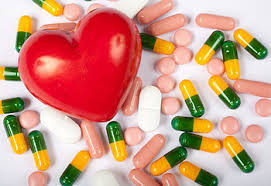
Pharmacology of vascular endothelium deals with alterations of endothelial cells and the vasculature play a central role in the pathogenesis of a broad spectrum of the most dreadful of human diseases, as endothelial cells have the key function of participating in the maintenance of patent and functional capillaries.
- Pharmacology of drugs affecting vascular tone and blood pressure
- Role of drugs in coronary circulation
- Drugs and the electrical conduction of the heart
- Drugs and the failing heart
- Pharmacology of the Vascular endothelium
Track 10: Chemical Carcinogenesis
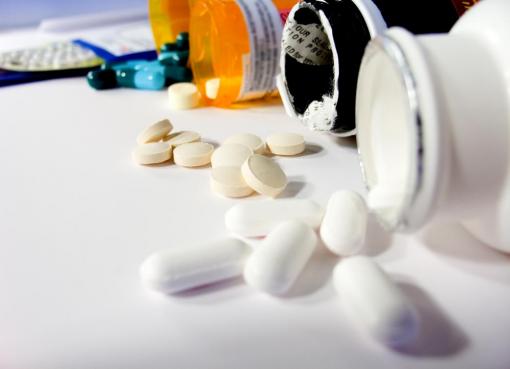
Humans are constantly exposed to the wide range of chemicals and toxins which lead to the chemical carcinogenesis. Toxic chemicals and pathogens can damage the DNA of the human cell and result in the cancer. Chemical carcinogenesis is the complex and step by step process which results in the formation of oncogenes.
- Cancer
- Carcinogens
- Mutagenicity
- Teratogenicity
- Oncogenes and Tumor Suppressor Genes
Risk assessment is the process of identification and analyzing the risk associated with the toxic chemicals and toxicological studies. Different analytical techniques are used in the risk assessment of the toxins. Toxic genomic information has a potential role in the all aspects of the risk assessment process. Environmental toxicologists play a very important role in the risk assessment.
- Hazard Identification
- Exposure Assessment
- Toxicity Assessment
- Risk Characterization
- Risk Management
- Comparitive Risk Assessment
- Dose Response Assessment
- Advances in Cancer Risk Assessment
- Risk Assessment in Health Complications
Track 18 : Applied Pharmacology

As there is progress in the field of science there is tremendous application of the pharmacology in the various fields. The applied pharmacology includes all the novel techniques and discoveries in the field of the pharmacology and toxicology. Pharmacology is the multidisciplinary branch which has its application in the various other branches.
- Biomarkers
- Pharmacotherapeutics
- Novel Applications
- Intoxication and Overdose
Market Analysis
Toxicology in the field of science manages the investigation of unfriendly impacts caused to living life forms because of specific chemicals. Toxicology testing includes location, ID and furthermore the estimation of inexact amount of medications and other remote mixes in organic and related examples to help in the determination, forecast, avoidance and treatment of harming. The significance for their assessment lies with their capability to cause birth imperfections, tumor and other antagonistic wellbeing perils.
Toxicologists working in the toxicology research centers are specific researchers or restorative people with learning of indications, components, treatment and location of poisons. Advances in biotechnology, and sub-atomic science have made ready for significant changes in assessment of wellbeing dangers because of possibly poisonous chemicals. These advances are likewise lessening requirement for creature testing by growing more research center tests in view of human cells. The toxicology research centers may dwell in clinics or as a different office. Harmfulness thinks about basically led for new pharmaceutical applications to be submitted to FDA require human subjects, however under strict moral contemplations.
The worldwide toxicology research facilities market can be sectioned in light of test compose and application. Test writes significantly incorporate blood testing as well as pee testing. Different applications incorporate medications of manhandle, solutions, sustenances added substances, mechanical and rural chemicals and furthermore measurable toxicology examination. Medications which can be distinguished by toxicology screening incorporate liquor, barbiturates, benzodiazepines, amphetamines, sedatives, cocaine, phencyclidine and methadone.
Topographically, the worldwide toxicology research centers market can be portioned into four noteworthy areas to be specific, North America, Europe, Asia-Pacific and Rest of the World. Moreover, there are different sorts of poisonous quality examinations did utilizing creatures to assess intense, constant, sub-interminable, cancer-causing nature, regenerative, formative, dermal, visual, hereditary and neurotoxicity. New high through put advancements created by the pharmaceutical organizations give toxicology labs to utilize proficient robotized techniques for testing of impacts of chemicals on natural exercises.
Bioinformatics and quick examine innovations are helping scientists to better comprehend the cell arranges in the human body which is the way to looking after wellbeing. Quality articulation profiling is likewise being utilized to anticipate harmfulness since quality articulation is known to fast change on poison introduction.
Toxicogenomics, proteomics, and metabolomics mean to examine the antagonistic natural impacts initiated by harmful mixes. Toxicology labs make utilization of genomic data since it assumes a n imperative part in deciding danger reaction by an organic framework. The forecast of poisonous quality in view of non-obtrusive pee and blood tests is a promising accomplishment, since numerous examining over quite a while period permits the observing of interminable harmfulness. Expanding number of medication improvements and innovative headways, for example, modernized testing techniques are relied upon to drive the worldwide toxicology research facilities showcase soon.
In any case, there are different elements which influence synthetic toxicology and subsequently institutionalization of lethality testing ends up troublesome. These variables incorporate medication measurements, course of presentation (inward breath, ingestion, skin introduction) and different factors, for example, age, species, sex, wellbeing and individual attributes.
Figure 1: Statistical Analysis
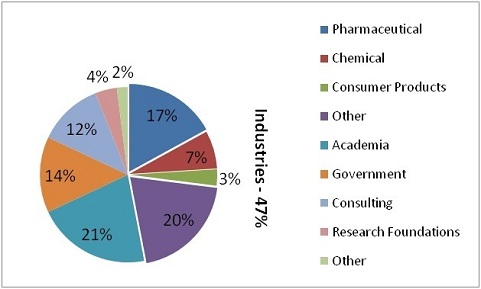
Conference Highlights
- Toxicology
- Clinical & Medical Toxicology
- Food And Nutritional Toxicology
- Environmental Toxicology
- Pharmacology
- Drug Toxicology
- Industrial & Occupational Toxicology
- Immunotoxicology
- Systems Toxicology
- Chemical Carcinogenesis
- Methods For Toxicity Testing
- Genetic Toxicology
- Risk Assessment
Key geographies evaluated in this report are:
-
North America
- U.S
- Canada
-
Europe
- France, Germany, Italy, Spain, and the UK
- Eastern Europe
- CIS
-
APAC
- China
- India
- Japan
- Australia
- Others
- Latin America
